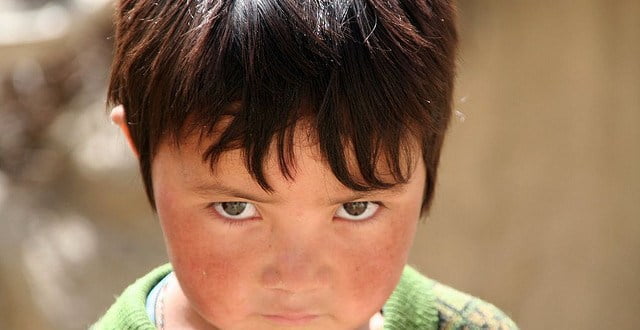Most parents contemplating divorce worry about how it would effect their children emotionally, sometimes to such an extent, that they decide to try again, to rather save their marriage. They probably know that divorce is unavoidable, but will agonize about the effect it will have on their children.
It is essential therefore, that parents considering divorce have a clear understanding as to how their divorce will affect their children emotionally. Knowing the emotional effects of divorce on children, will help parents to make a sensible decision about their divorce, and work together, to reduce the psychological effect it will have on their children, or even avoid them altogether.
[ad type=custom-ad-2]
Before moving on to some of the emotional effects of divorce on children however, it must be remembered that:
- These are only possible effects
- That some pertain to certain ages more than others
- The possibility and degree of these emotional effects of divorce on children are relative to several factors, the majority of which you have complete control over.
The emotional effects of divorce on children are wide and varied, some of them new, and twice as stressful to a child.
Insecurity and fear of the future
Divorce comes with many unavoidable changes which can weaken that feeling of security in a child, and make them afraid of the future.
Fear of abandonment
When one parent leaves home in a divorce, children are very often petrified that the other parent will go as well, leaving them all alone in the world.
Rejection
The parent who leaves gives children the impression that they are unloved and are being rejected. Many people don’t understand this, until they realize that to themselves, children are the center of their own little world, and anything that happens in that world, good or bad, has got to have something to do with them.
The divorce is their fault
Again, the divorce is happening in their little world, so children assume that they are to blame. They are convinced that it is something they said or did wrong, and will feel extremely guilty for being the cause of what is happening to their parents. This applies to hard-headed teenagers as well, who will feel that it is the bad things they’ve done that is the cause of the divorce, and their bad behavior that has made it easy for the parent to leave.
Helplessness
When children imagine that they are the cause of the problem between their parents, they also have the idea that they can fix the problem. They might try to be a better child to their parents, in the hope that this will make their parents stay together. Children feel helpless when they fail, and become extremely sad when their efforts don’t make the difference they are hoping for.
Disloyalty
Parents having a fight in front of their children, is one of the most damaging effects of divorce on children. If they take sides with one parent, then they feel that they are being disloyal to the other parent. If they don’t take sides, then they feel that both parents will reject them for being disloyal. This is a no-win situation for a child, who will get the idea that it is a bad thing to love both parents.
Sad and lonely
Children experience an enormous sense of loss and sadness when their parents divorce. To them, their one parent has left for good, and the close, family life they once had, is over. They will feel incredibly lonely too, and miss the parenting skills of the parent who has left home.
Apart from all the above emotional effects of divorce on children, there is also the stress that a child experiences too, when they feel that they are expected to do more than they are able to. Children also become angry when their parents divorce, not only because they are unable to fix the problem, but because of resentment towards their parents for doing something which to the child, is completely unnecessary.
What you can do to help your child cope with these effects of divorce on children
Most of the emotional effects of divorce on children, as mentioned earlier, are in your control, and one of the best ways to help your child to cope, is through constant communication about the situation. Listen carefully to what your child is telling you, so that you can fix these emotional problems as they arise.
Also, keep the problems which are causing you and your spouse to divorce between the two of you, and don’t badmouth about each other to your children. Remember, they love both of you, and shouldn’t have to take sides.






